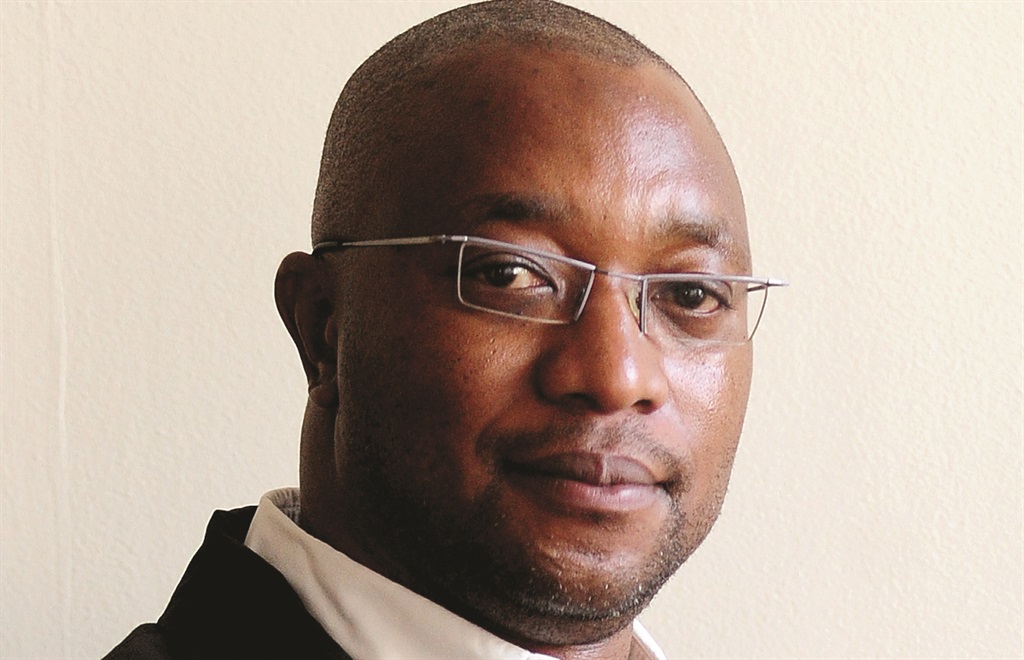
‘Your homeboy, Sunduza, killed my career,” the old man told me as soon as he heard that I was from KwaThema near Springs in Gauteng.
Sunduza is Nelson “Teenage” Dladla’s middle name, the legendary Kaizer Chiefs player.
“He was just too good,” he confessed. “He dribbled past me, the crowds cheered and I said to myself: ‘That’s it, you thin little thing. I’m going to shatter your ankle like it was glass.’ I caught up with him at the corner kick spot, and went for his ankle.
“He flew past me as if he was a guinea fowl. The ball went between my legs and the next thing I heard was the thunderous roar of the crowds. I knew then, in that split second, that it was over for me and I had to find something new to do. So I went and opened a shebeen.”
There was no money in sport then.
Sportspeople did it for the cheers, but now the glut for glory and fortune has reached unsustainable levels.
The duplicity, the doping and the politics of sport have reduced something profound to capsules and concoctions.
Thanks to people such as Lance Armstrong and Maria Sharapova, we can’t help but ask if the Hall of Fame is not actually the Hall of Escapees.
Each time we see a sportsman or woman reaching new heights of human achievement, a whiff of doubt follows as we wonder if he or she is being assisted by some illegal substance.
The temptation to cheat is immense. The global sports industry is estimated to be worth between $500 billion (R6.6 trillion) and $600 billion.
Major events are largely funded through the selling of broadcast rights and sponsorships, and a smaller percentage comes from ticket sales and licensing.
But in the final analysis, everything is funded by the fans – whether you call them subscribers or audiences, they must love the sport and they must be willing to part with their money to watch it.
They must identify with the players and must buy the products athletes endorse. If that doesn’t happen, it all falls flat.
Recently, Nike announced it was pulling out of golf equipment. Fans may have loved Tiger Woods, but they didn’t love the equipment that helped him break records.
There is now too much pressure for the sports bubble to last. Record-keeping has spoilt everything as athletes compete with the dead and the unborn.
Unfortunately, human evolution is geared towards leading an easier life. We are no longer apes, so we no longer need the gymnastic ability to bend and twist our bodies in the trees.
We have become bigger and slower because we no longer have to run away from predators. But sponsors and audiences still want to see new records broken.
So vast sums of money, expertise and drugs are spent to take us back to where we come from.
Now the athletes and their agents want their bank accounts to break records too.
The same is true with the officials, which is why the International Olympic Committee and Fifa have chosen Switzerland, a country with opaque financial laws, as their country of residence.
What makes the sports bubble unstable is the fact that capitalism depends on scarcity.
When something is scarce, its value increases. So it will survive only if there are few sporting events and even fewer celebrated players.
Social media will break the back of that. It will bring us new back yard heroes who affirm us because they are our home town boys and girls who excel at what they do, and home is where the heart is.
Kuzwayo is the founder of Ignitive, an advertising agency




 Publications
Publications
 Partners
Partners








